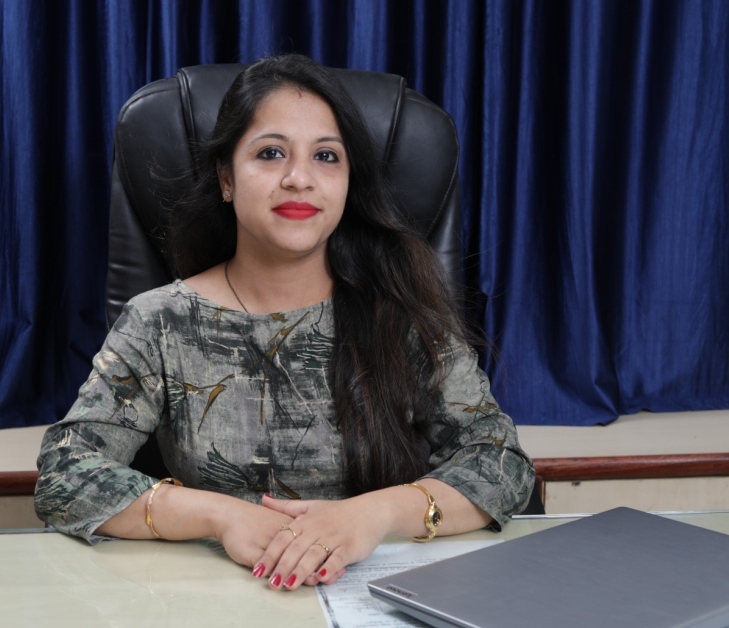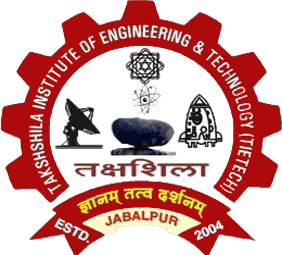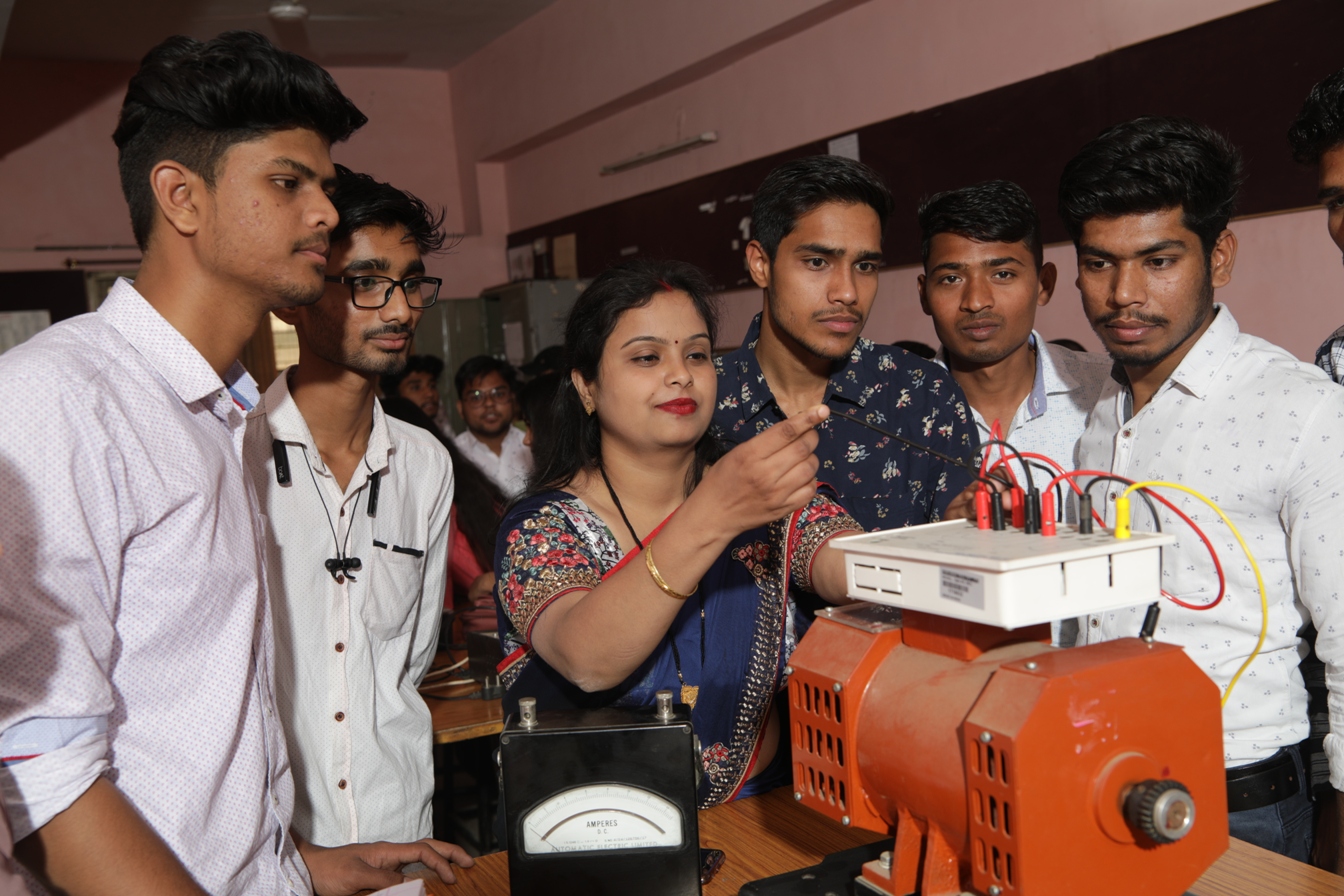Course Overview

Coordinator(EX)
The progress of any country is judged by the index as to how much electrical energy it is generating and utilizing. The demand of electrical energy in our country is increasing at a very fast rate and this necessitates the need to generate more power .Thus the role of electrical engineer becomes all the more important in today’s scenario.
The Department Coordinator is Prof. Deepa Golani Per capita Electrical Energy Consumption is an index of the standard of living of a country and its industrial and economic potential. Needless to say, that our country is very badly lagging behind in this area. The realization has now dawned that if India were to achieve a sustained annual economic growth of around 10%, it would have to improve its infrastructure including power generation by a factor of at least two. The government has all the intention of doing it and power generation is now under sharp focus. Simultaneously, the field of electronics is advancing in a big way and finds its application in almost every field, be it communications, power generation and management, automation, defence, consumer electronics, automobile engineering, control engineering or aerospace applications.
There is a huge deficit in the demand and supply of well-qualified Electrical and Electronics Engineers in the country.The department has following fully equipped laboratories of Electrical and Electronics, Electrical Workshop, Electrical Machines, Network Analysis, Electrical Measurements and Measuring Instruments, Electronics Measurements and Instrumentation, Control System, Power Electronics and Power System labs.
PROGRAMME EDUCATIONAL OBJECTIVES (PEO)
PEO I: To equip students with solid foundation of engineering with basic fundamentals of mathematics and science.
PEO II: To provide students with breadth in electrical engineering so as to design electrical systems utilizing knowledge of generation, transmission and distribution to successfully serve relevant industries/organization and/or pursue higher education.
PEO III: To be professionals with multidisciplinary orientation, strong communication abilities, and consciouness towards their responsibilities in the context of environment, ethics, and society.
Course Snapshot
| Course Duration | 4 Years | |
| Eligibility Criteria | 10 + 2 Examination with Physics and Maths as compulsory subjects along with one subject Chemistry / Bio-Technology / Computer Science / Biology with minimum 50% and JEE. |
Initially the programme provides students with a broad base on which their specialist knowledge can be built. The later years have been designed to produce professional engineers with a good working knowledge of analogue, digital and power electronics, electrical machines and power system with the emphasis on applications. With the emphasis on above areas, students acquire analytic and practical skills to serve better in industrial, service and research organizational set-ups.
- The admitted students will be taken to 1st year of B.E Programme where they are being taught the basics of different branches of Engineering.
- At the second year level Core subjects of Electrical and Electronics Engineering Branch are taught to students
- Courses at the third year level consists of Core / Electives / Interdisciplinary subjects
- Industrial Training of Two month’s duration.
- At the final year level the subjects are Electives / Interdisciplinary subjects and Project.
Facilities
The department of Electrical and Electronics Engineering, is well equipped to train graduates to advance their theoretical knowledge and sound practices of the profession The course is designed to impart technical know how to the students, broad knowledge in Electrical and Electronics Engineering to satisfy the general needs of the industry and academic sectors.
The department is proud to possess the following Laboratories for B.E. (EX) course. All laboratories are being regularly upgraded and new labs with latest software like MAT Lab and LABVIEW are added according to the curriculum requirement of the University.
- Basic Electrical Engineering Lab
- Instrumentation Lab
- Electrical Workshop
- Network Lab
- Power System Lab
- Electrical Machines Lab
- Power Electronics and Drives Lab
- Control system Lab
- MATLAB
In addition to the above labs the department has the following Facilities:
- Each Faculty member and each lab is provided with a PC having internet facility.
- Simulation Lab with a number of PCs of Latest configurations.
- Computational Hardware/Software Infrastructure
- MATLAB6.5, Powerworld, P-spice, R-spice, Multisim, Labview.
- Number of Microprocessor training-cum-development kits.
Career Options
- Multi-national and National IT Companies Infosys, TCS, Wipro, IBM, Sapient Cognigent, Tech Mahindra, L&T Infotech, HCL Technology etc.
- Multi-national and National Core Companies
- Central Government, PSUs-BHEL,AAIL, NTPC, NHPC, NEPC, NPCI, BARC etc.
- State Government Departments / Electricity Boards/ Corporations /Engineering Services
- Self Employment
- Higher Studies (M.Tech., MBA etc.)
- Service Sector like Banks, Insurance and Financial Services etc.
- Engineering Colleges / Universities / Polytechnic
Activity-



